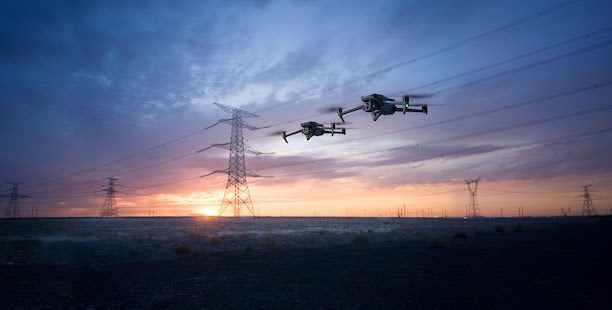On September 26, 2025, the U.S. District Court for the District of Columbia issued a decision on the Department of Defense’s (DoD) designation of DJI as a “Chinese Military Company.” While the Court allowed DoD’s designation to stand, DJI has published an expanded statement emphasizing that the Court’s findings affirm its longstanding position that the company is not controlled by the Chinese government and has no military ties.
DJI’s official statement highlights several points in the Court’s opinion that the company views as significant clarifications.
Court Rejected Most Allegations
According to DJI, the Court rejected the majority of DoD’s claims. These included allegations that DJI is owned or controlled by the Chinese Communist Party, affiliated with China’s Ministry of Industry and Information Technology, or connected to a military-civil fusion enterprise zone. DJI maintains that these findings support its consistent assertion of independence from government or military control.
Limited Findings Clarify Dual-Use Technology
The Court upheld just two of DoD’s points. The first concerned DJI’s recognition as a National Enterprise Technology Center (NETC). DJI notes that this recognition is also granted to companies in industries such as food, apparel, and automotive, and does not indicate a military connection.
The second point addressed the dual-use potential of DJI technology. The Court agreed with DoD’s position that DJI drones, like many commercial technologies, could be used in both civilian and military contexts. However, DJI emphasized that the Court did not find evidence of misuse by the Chinese military. The company reiterated that it has never manufactured military equipment, marketed drones for combat, or encouraged military use of its products. DJI has publicly denounced such use and has implemented policies designed to prevent it.
Ongoing Tensions With U.S. Government
The ruling is the latest challenge in the ongoing disputes between DJI and the U.S. government, which has taken multiple steps to restrict the Chinese manufacturer’s access to the U.S. market.
DJI has not released two of its newest aircraft — the DJI Mavic 4 Pro and the DJI Mini 5 Pro — in the United States. Consumers also report increasing difficulty in obtaining DJI drones and accessories through traditional retail channels. Industry analysts link this scarcity to both policy pressures and supply chain disruptions, as U.S. officials continue to move forward with legislation, tariffs, and procurement restrictions designed to limit reliance on Chinese-made drones.
DJI’s Position Moving Forward
“DJI remains dedicated to advancing drone technology that benefits society,” the company said in its newsroom statement. It added that it is reviewing options for responding to the ruling, while continuing to focus on supporting creators, businesses, and public safety organizations with accessible technology.
The Court’s decision means DJI will remain on the Pentagon’s list of “Chinese Military Companies,” a development that carries implications for government and defense-related procurement. As DRONELIFE reported earlier this week, inclusion on the list may complicate federal contracting and could influence legislative and policy debates about drone supply chains in the United States.
For now, DJI maintains that the Court’s findings reinforce its position: the company is not affiliated with the Chinese government or military.


Miriam McNabb is the Editor-in-Chief of DRONELIFE and CEO of JobForDrones, a professional drone services marketplace, and a fascinated observer of the emerging drone industry and the regulatory environment for drones. Miriam has penned over 3,000 articles focused on the commercial drone space and is an international speaker and recognized figure in the industry. Miriam has a degree from the University of Chicago and over 20 years of experience in high tech sales and marketing for new technologies.
For drone industry consulting or writing, Email Miriam.
TWITTER:@spaldingbarker
Subscribe to DroneLife here.


